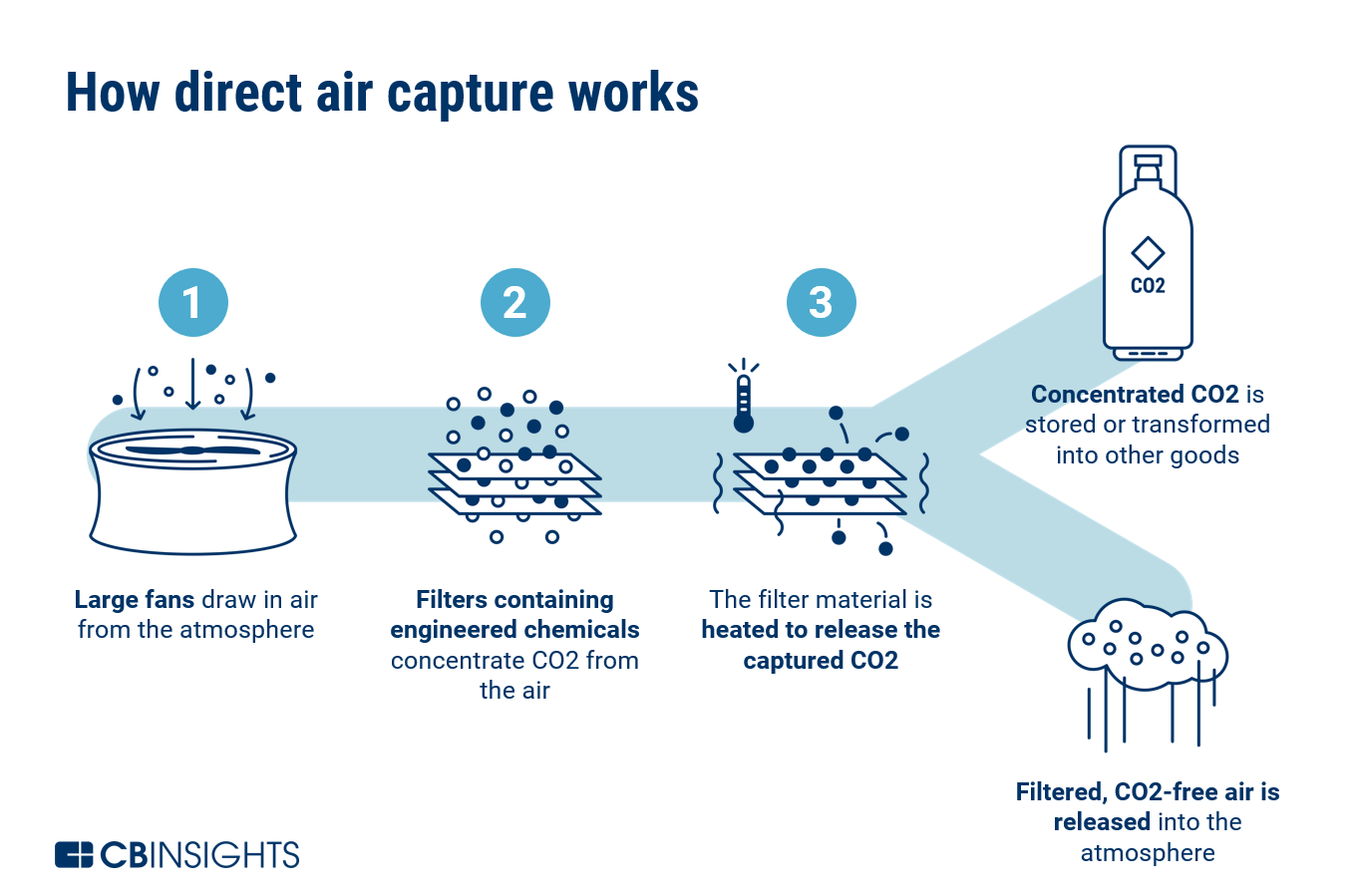Did you know that some corporations and nations are making unverifiable claims about their efforts to reduce greenhouse gases? It’s called greenwashing, and it’s a dangerous distraction from the crucial task of cutting emissions. Let’s take a closer look at this issue.
One example of greenwashing is the oil giant Shell, which recently boasted about a scenario in which global warming could be limited to 1.5 degrees Celsius by 2100. However, their plan relies heavily on carbon capture systems, planting trees on a massive scale, and other methods that may not be as effective as they claim.
Shell is not alone in its grand ambitions for carbon removal. Many companies are setting up programs to create or trade carbon offsets, which are meant to balance out emissions.
However, these programs are often based on unreliable assumptions and projections. Even startups that promise to remove carbon dioxide from the air may be overestimating their capabilities.
All this noise and hype around carbon removal creates a false perception that it is a cheap, simple, and scalable solution. But the truth is, we can’t rely on it completely.
It is true that we need to remove a significant amount of carbon dioxide from the atmosphere to prevent dangerous levels of global warming. Estimates range from 1.3 billion tons to 29 billion tons per year by midcentury. However, large-scale carbon removal is not an easy task.
Options like direct air capture and reforestation have limitations. Direct air capture is expensive and energy-intensive, while using crops for fuel means diverting land from other important uses.

Despite these challenges, many corporations and nations are including carbon removal in their net-zero plans without considering the feasibility and reliability of these methods.
Moreover, there is a misconception that natural approaches like planting trees are just as reliable as more expensive technological solutions.
Forest offsets, which involve planting trees or preserving forests, are cheaper but not as permanent or effective as higher-priced options like direct-air-capture technology.
Another problem is the overestimation of the carbon-removal capacity of trees. While reforestation offers benefits like protecting biodiversity and improving soil health, it is not a foolproof solution. Trees die, release carbon dioxide when they decompose, and are vulnerable to fires, insects, and droughts worsened by climate change.
To address climate change effectively, we need to strike a balance between carbon removal and cutting emissions. We cannot let the excitement around carbon removal technologies divert attention from the urgent need to reduce emissions. Governments should establish separate targets for carbon removal, ensuring it does not replace emissions reduction efforts.
Investments in carbon removal startups are on the rise, but we must approach these technologies with caution. Early-stage investments in unproven technologies can be risky, as seen in previous instances of failed clean tech ventures. We should focus on proven methods such as transitioning to clean energy and increasing research and development in carbon removal technologies.
We must be wary of, and always on the lookout for, greenwashing and unverifiable claims about carbon removal. Cutting emissions remains the top priority, and we should not let unrealistic expectations and misleading marketing distract us from the urgent actions needed to address climate change.
More To Discover
What Does A Corporate Greenwashing Campaign Look Like?
Here are some real-world examples of companies that have faced accusations of greenwashing or misleading marketing regarding their actions on climate change, so you know what to look for:
Volkswagen (VW): In 2015, VW was involved in a major scandal known as “Dieselgate.” The company was accused of intentionally manipulating emissions tests for its diesel vehicles to meet regulatory standards while emitting higher levels of pollutants during regular driving conditions. This deceptive practice led to significant air pollution and undermined VW’s claims of producing eco-friendly vehicles.
BP (British Petroleum): BP has been accused of greenwashing for its advertising campaigns that emphasized its commitment to clean energy and reducing carbon emissions. However, the company’s actual investments in renewable energy have been relatively small compared to its continued reliance on fossil fuels. Critics argue that these marketing efforts were designed to improve BP’s public image rather than drive substantial change.
Chevron: Chevron has faced criticism for its “We Agree” advertising campaign, which aimed to present the company as environmentally conscious. However, environmental advocates argued that Chevron’s actual practices, including its involvement in oil spills and its contributions to climate change through fossil fuel extraction, contradicted the messages conveyed in its advertisements.
Nestlé: Nestlé has been accused of greenwashing due to its claims of promoting sustainability while being one of the largest producers of single-use plastics. The company faced backlash for its failure to address the environmental impact of its plastic packaging and for continuing to contribute to plastic pollution despite its sustainability pledges.
Coca-Cola: Coca-Cola has faced allegations of greenwashing related to its packaging and waste management practices. Despite its marketing campaigns highlighting recycling initiatives, critics argue that the company’s production of single-use plastic bottles contributes to the global plastic waste crisis and that its recycling efforts have been insufficient to address the environmental impact of its packaging.
These examples illustrate how some companies have faced criticism for misleading marketing practices or insufficient action in addressing climate change.
It’s important for consumers and stakeholders to stay informed, conduct independent research, and support companies that genuinely prioritize sustainability and take meaningful steps to reduce their environmental impact.























